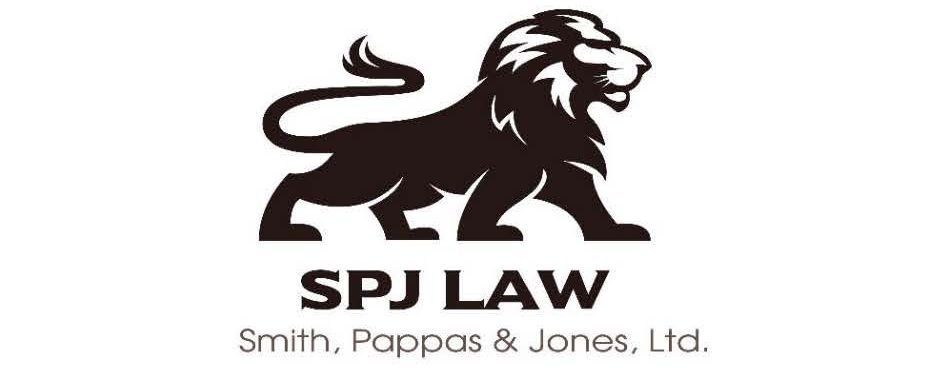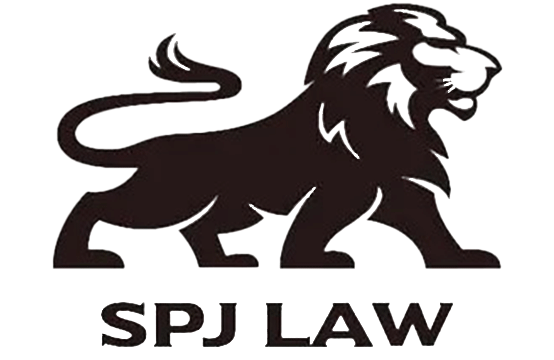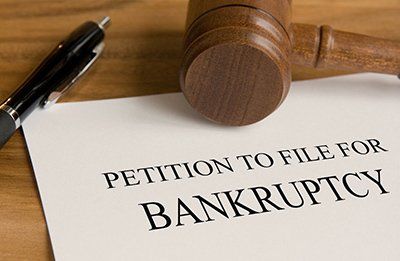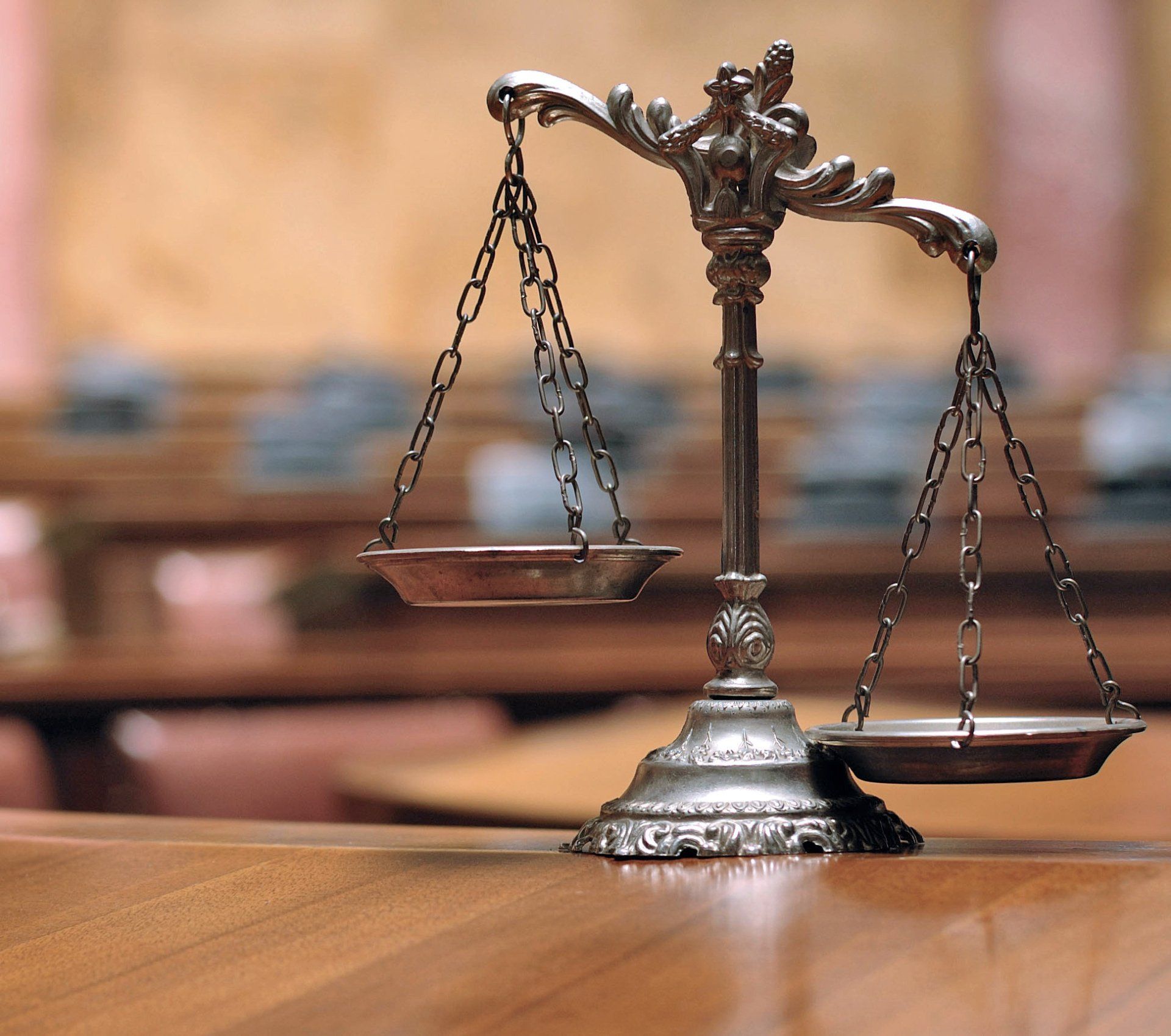Repairing a Household Budget Deficit with Bankruptcy
Bankruptcy is a powerful tool to be used only as a last resort after all other options to resolve a household budget deficit have been exhausted.

Do your expenses exceed your income? Are you over-burdened with debt that you can no longer pay back? Is it impossible to pay-off a mortgage arrearage in a timely manner? Bankruptcy can help you obtain a manageable financial position.
1. Eliminate Unsecured Debt
When a creditor lends money without requiring collateral, or a business performs a service prior to payment the amount owed is unsecured. In addition, if collateral is repossessed or foreclosed, and after the collateral is sold a balance remains on the note associated with it, that balance is unsecured. Most of these types of debt can be eliminated in a Simple Chapter 7 Bankruptcy.
2. Stop Wage Garnishment
After the collection attempts of a creditor fail they will seek a judicial remedy, often resulting in wage garnishment. In Illinois, a creditor can use a court ordered wage garnishment to collect 15 percent of a debtor's gross wages. Upon the filing of a bankruptcy petition it becomes unlawful for a creditor to engage in collection activity, including wage garnishment; and remains unlawful when that debt becomes discharged.
3. Cure Arrearage
By the time many become delinquent on a mortgage or auto-loan, they have already exhausted and become delinquent on other lines of credit. While it may seem impossible to overcome impending home foreclosure, vehicle repossession, and maxed-out credit card debt simultaneously, Chapter 13 Bankruptcy can help.
What is the difference between Chapter 7 & Chapter 13 Bankruptcy?
Chapter 7 Bankruptcy is a short term legal process that discharges all debt, except for those the debtor would like to keep (i.e. auto-loan, mortgage). Chapter 13 Bankruptcy is a three to five year payment plan where a Debtor will pay back some or all of their debts, depending on their particular circumstances. Normally, people only file under Chapter 13 Bankruptcy if they make too much money to be eligible for a discharge under Chapter 7 or possess more property than can be protected under Chapter 7. However, Chapter 13 provides some benefits that are not available under Chapter 7.
During a Chapter 7 Bankruptcy, in order to reaffirm (keep and maintain) a mortgage, the provider of that mortgage will often require that a Debtor become current on his or her note prior to the discharge date. If it is not feasible to become current during this time frame a Debtor can instead file under Chapter 13, which allows up to five years to become current on a mortgage.
There are other niche benefits under Chapter 13 that are not available under Chapter 7, but the payment plan can be burdensome. Also, the attorney fees in a Chapter 13 are three or four times more than in a Chapter 7, although most attorneys will accept the majority of the fee through the three to five year payment plan. An experienced Bankruptcy Attorney can help determine which Chapter of the Bankruptcy Code is best for a particular individual.
Free Consultation
Call our office for a free consultation to determine if Chapter 13 Bankruptcy can be the solution to an otherwise unsolvable financial problem.
Bankruptcy is a technical practice for an experienced debt relief attorney, like those at Smith Law, Ltd. Because there are so many nuances in the application of bankruptcy law, it is inadvisable that an individual not experienced or knowledgeable about Title 11 of the U.S. Code, and how the courts have interpreted those laws, to file bankruptcy without the assistance of counsel.
If you would like to speak to experienced debt relief attorneys, please contact Smith Law, Ltd.
We are a debt relief agency. We help people file for bankruptcy relief.










Share On: